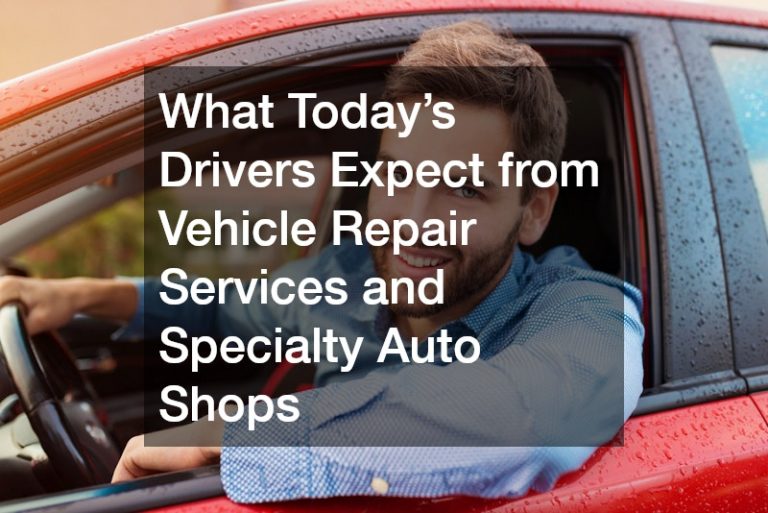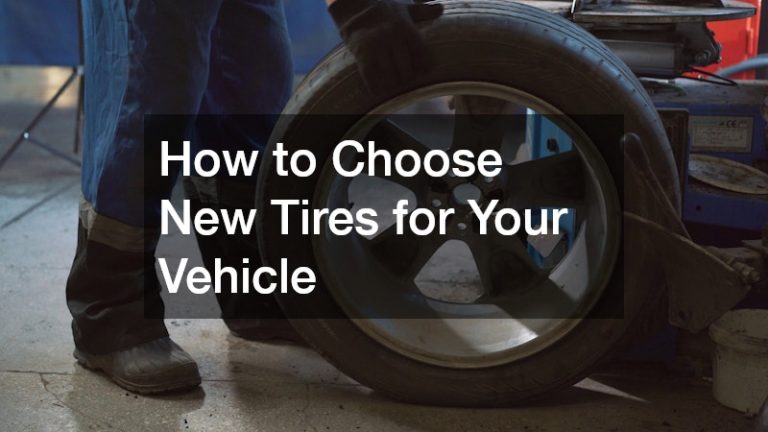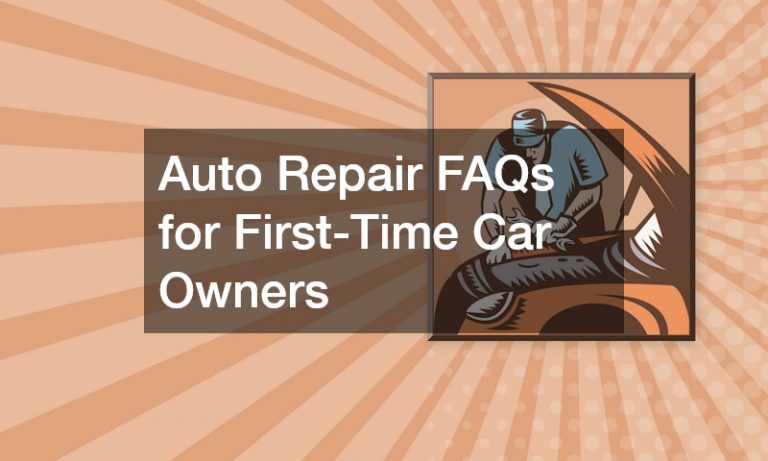

At some point or another, everyone will find themselves in this situation. No matter if your old car finally quit on you or you need to buy a vehicle for the first time, you will likely visit a dealership to pick out a new or used car. Local car dealerships typically give customers a choice between new and/or used vehicles, with more makes and models to choose from at used car dealerships on average.
However, many people express concerns about the quality of their purchase. For example, how can one know that the car isn’t a “lemon” or whether or not the purchase was a good deal? While it can sometimes be difficult to navigate the ins and outs of dealerships when buying a new or used car, there are ways to assess whether or not you have encountered reputable car dealers. Here are a few criteria you can use when you visit a dealership, so you can be more confident when you buy a car.
1. Choices: There are many different factors to consider when purchasing a car. One is whether to buy new or used. If you buy new, you may have to visit a car dealership for a particular brand if you want one. For instance, if you want a Jeep, you would visit a Jeep dealership. Buying a used car, however, may give you more options on the sales lot, as many used car dealerships will have multiple makes and models.
2. Sales: The stereotype of the used car salesman is that they often come on strong when you arrive in the lot. However, this isn’t the case everywhere you go. A good salesperson should answer all of your questions and work to find the right solution for your needs. In other words, if you’re on a budget, you should be wary of the guy trying to get you into a $40,000 gas guzzling SUV.
3. Financing: When buying a car, you will have many options for how you pay for it. Some used car buyers prefer to pay for the whole thing in cash, which is fine if you aren’t looking to build credit. However, financing a car is a good idea when establishing credit. A purchase would mean paying for the car and owning it; leasing, which is generally only available for new cars, means paying a bit less but giving the car up after a certain period (usually three years). The option you choose depends on your needs and your budget.
Above all, you should trust your instincts. If you have a bad feeling about the sale, or if you’ve had to compromise too much on what you want out of a new car, you may want to hold off on that purchase. A good dealership, however, should be able to address all of your concerns and work with you on model and pricing options. Have more questions about visiting a car dealership? Leave a comment below. To learn more, read this.



